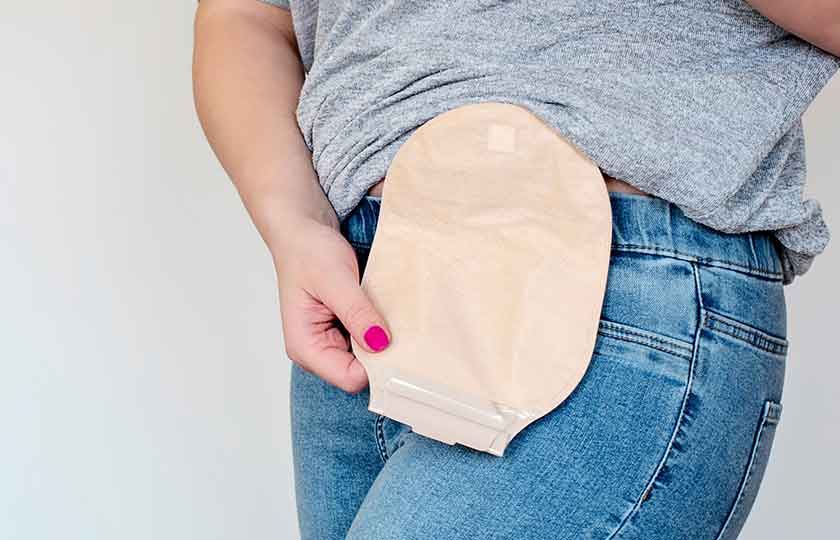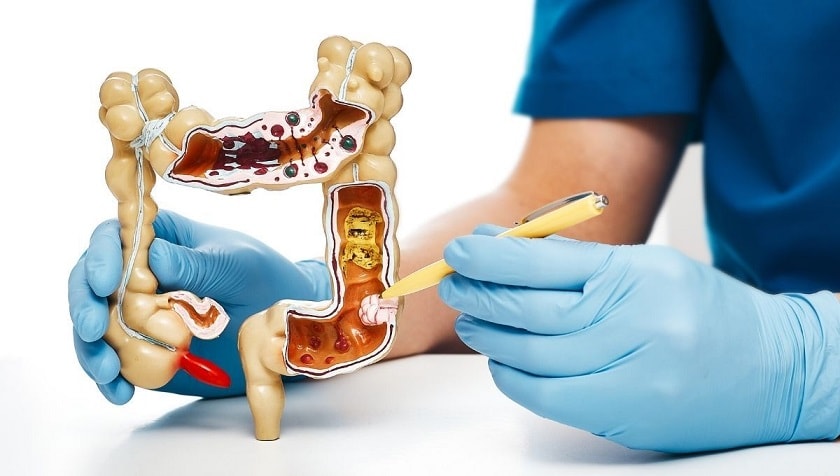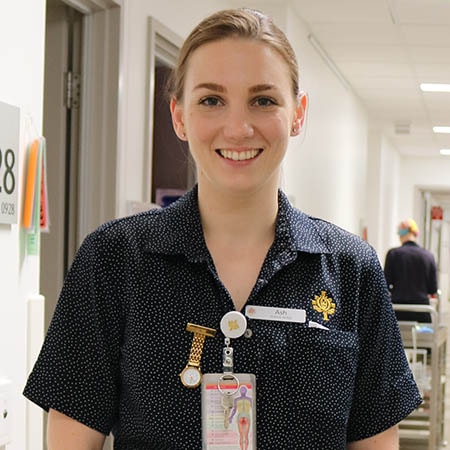Effective Stoma Management
For National Stomal Therapy Week we are raising awareness and promoting healthier living for people with a stoma.
A stoma may be required following surgical procedures affecting the bladder, bowel or colon. The surgeon will make an artificial opening in the abdomen, to allow bodily waste to leave the body. This opening is called a stoma.
Many different people may require a stoma, from newborn babies to the elderly. It may be permanent, but most of the time it is a temporary measure to allow the body to rest and heal after surgery.
Tips for managing your stoma
- Be prepared and informed
- Stomal Therapy Nurses (STN) specialise in all aspects of stoma management. They are highly qualified registered nurses who have completed further study, including a minimum of two years’ post graduate experience.
- Your doctor and STN nurse will be able to provide expert care and advice on all aspects of stoma management. Get to know your STN and don’t be afraid to ask questions so that you understand the best way to care for your stoma.
- Stay hydrated
- A stoma may result in a reduced ability to conserve water. Plan ahead to ensure you’re drink plenty of water and limit substances that increase fluid loss, such as alcohol and caffeine drinks.
- Maintain a healthy diet
- You may need to follow some dietary restrictions, which your STN will explain. Certain foods may cause additional discomfort, therefore, your STN or nutritionist will provide additional information on how to maintain a balanced diet.
- Support groups and counselling
- Finding someone you can talk to about your stoma and how it makes you feel can make all the difference. Don’t be afraid to ask your doctor or nurse for information on pre-operative and post-operative counselling options
- If you could like to connect with others who have a stoma, there are a large number of peer support groups across Australia.
- Follow all specialist advice
-
Your STN can provide all the information and tools you need to manage the daily care of your stoma as part of your usual hygiene routine. They may also recommend additional precautions such as support garments.
-
Once you have recovered from surgery, you can expect to return to your usual activities such as work, recreation, parenthood or travel.
-
For more information on Stomal Therapy Awareness Week








